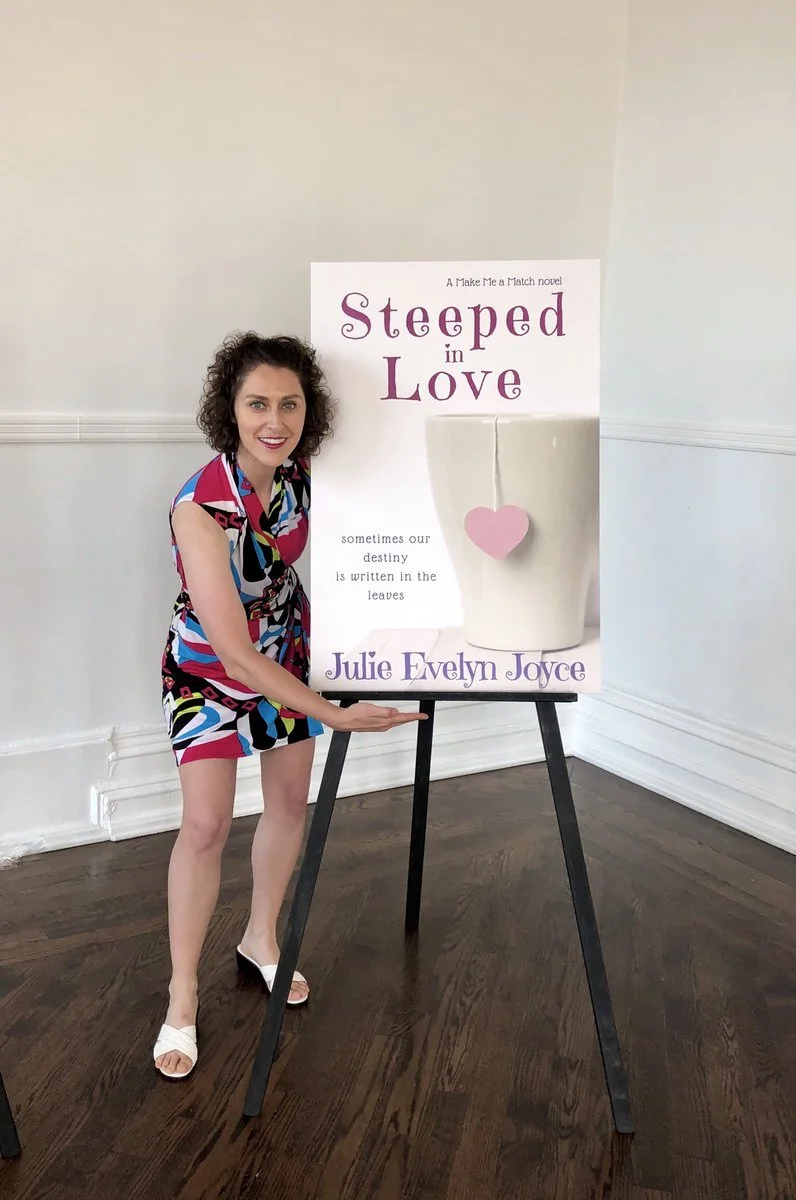One of the things I find myself talking about a lot with my Series Architecture clients is—perhaps unsurprisingly—their writing process.
Whether you identify as a planner, a pantser, a planster, or chaos demon, your writing process is your own. Whether you’ve been writing since you were a kid or you just decided to pick up writing a year ago, you probably have a good sense of what’s going to work for you and what’s not when you sit down to write.
My goal when I’m talking to clients is never to force them into a process that doesn’t work for them. If you’re a pantser, planning everything is going to drive you insane; likewise, if you’re a planner, me telling you to just make it up as you go will probably send you spiralling. And no matter how many craft books you read, following one system the way that author prescribes is likely not going to fully work for you because it’s going to feel too narrow and not aligned with your own process.
This is not to say that your writing process should never change! Sometimes you need to evolve, and you always want to be improving, right? So what are the things you tell yourself you have to do when you’re putting a story together and when you write, and what would happen if you just…didn’t do them? Or what would happen if you tried something different that you believed you could never do?
For example, you might think, “working under pressure is great for me—it focuses me and gets me out of my head so I can just channel all my thoughts into prose.”
Or is it that you're actually just worried that it has to be perfect so you’ve been procrastinating on it for a long time, and then when you finally have to start writing because of the deadline, you’re frustrated that it’s not coming out the perfect way you intended, and so you have to settle for whatever you end up writing because time’s up? (Not speaking from experience here at all.) That pressure is maybe anxiety you don’t actually need. So what if you started early and broke down your writing into manageable daily word counts (500 words? 1000?) rather than cramming writing the last 30K in a week?
Another example: I used to just think “okay, I’m gonna write, and my brain will just take me where I need to go.” This, it turns out, was putting way too much stock in what my brain could do while writing. What actually would happen would be that I would stall out, start panicking, and then spiral into thinking I sucked, procrastinate because it felt so hard, and then get behind on everything. But surprise! I’m actually a planner/planster, not a pantser. Once I realized I actually need to outline quite heavily before I even start writing, everything changed. (Something I would have really liked to know before quitting my PhD dissertation.) I need to do the big thinking first and work it all out in my head to know where I’m going, and after that, writing is a breeze.
That’s the process that I’ve discovered works for me, and it may not work for you. But take some time to evaluate what you’re doing now and maybe try changing some things up—if they don’t work, okay, just go back to what you were doing before. Read some craft books and implement some advice in there that could naturally slot into your current process. Talk with other writer friends to see how they write. Adapt and evolve to keep growing as a romance author.
So that’s your challenge for this month: take a long, hard look at how you write, and evaluate what’s serving you and what’s not.
How can I help you write better, faster, stronger, harder? Head over here and see how we can work together!










